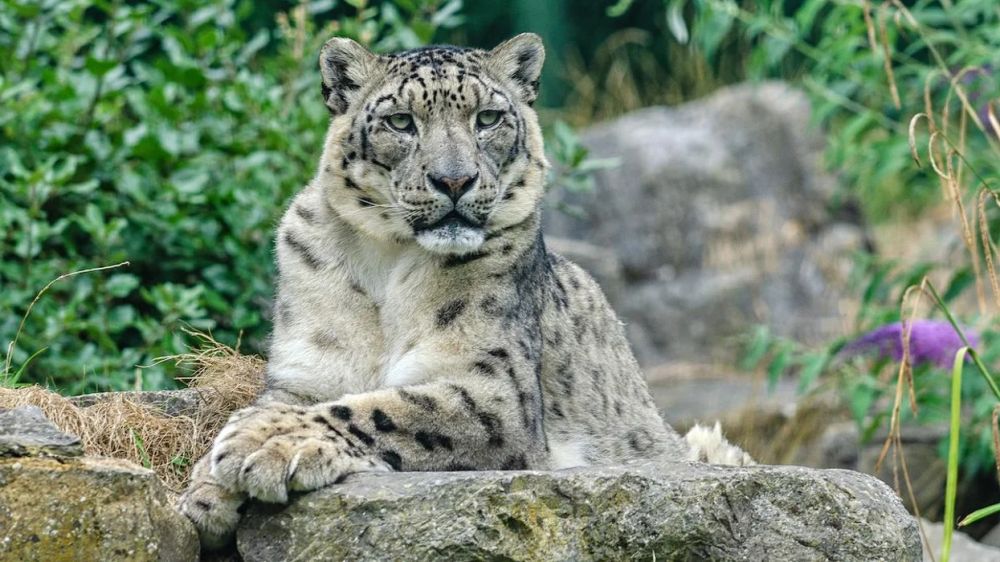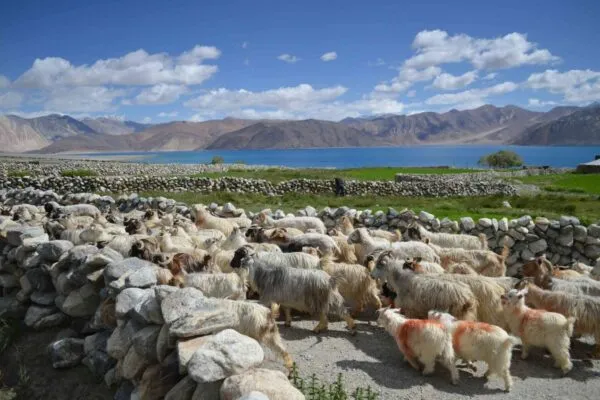COVID Kills Three Snow Leopards at a Zoo in Nebraska
Three snow leopards suffering from COVID-19 died at Nebraska zoo, some activists highlights the issue of animal imprisonment associated with it
The threat of COVID-19 does not seem to stop anytime soon and now it appears to attack the wildlife, too. Recently, three snow leopards died at a zoo in Lincoln, Nebraska because of the coronavirus. Despite following all sanitary measures announced by the government, these big cats tested positive on October 13 for the new coronavirus disease along with the zoo’s Sumatran tigers.
The animals were treated with steroids and antibiotics. The treatment appeared to work at first, but the leopards could not make it. Luckily, the infected Sumatran tigers, named Axl and Kumar, have recovered completely.
Apparently, the zoo authorities are not quite sure about the source of the infection. They also conducted a systematic investigation of the staff that was in close proximity to the felids or animals. The zoo still remained open as the authorities assured that there was no chance of disease spreading to the common public as there is enough space between the visitors and animals.

Image: Ecowatch
The zoo claimed;
We will continue following the American Association of Zoo Veterinarians (AAZV) and CDC guidelines to ensure the safety of our animals, staff, and community.
Several COVID-related cases inside the zoo have been reported earlier as well. The probability of spreading infection from animals to humans is quite low as per the Centers for Disease Control and Prevention (CDC) but humans can infect animals including some domesticated animals like cats, dogs and ferrets.
An animal vaccine for COVID has been developed by Zoetis, which is lawful for experimental, case-by-case use by the U.S. Department of Agriculture. The company has given more than 10,000 doses to zoos and to some other animal organizations.
According to some animal right activists, the COVID occurrences in zoo indicates a major issue of animal imprisonment. The issue cannot go unnoticed for long so it’s high time we address these problems seriously.
Via: Ecowatch


